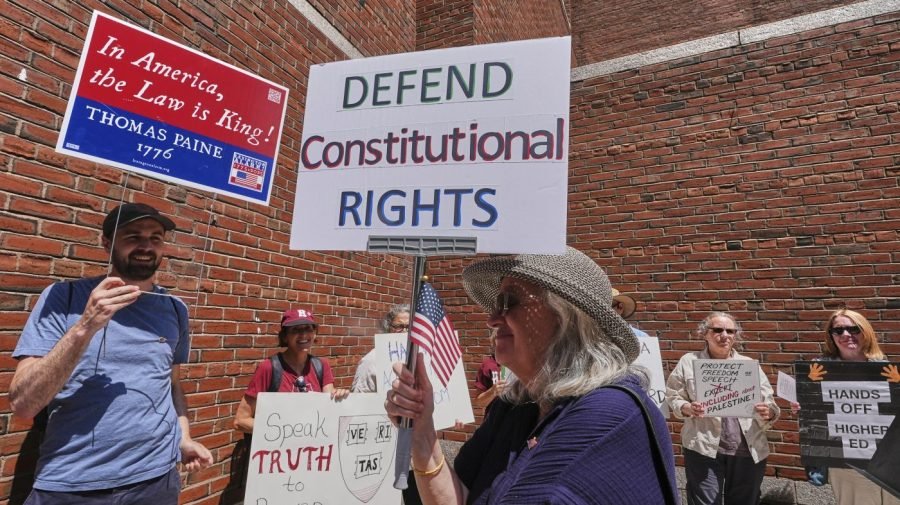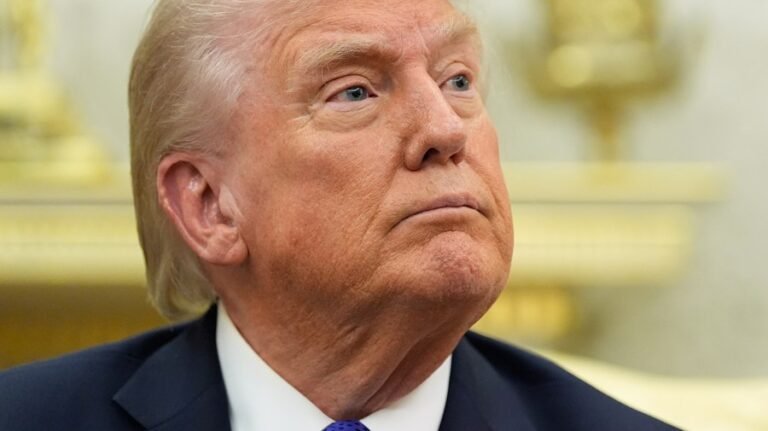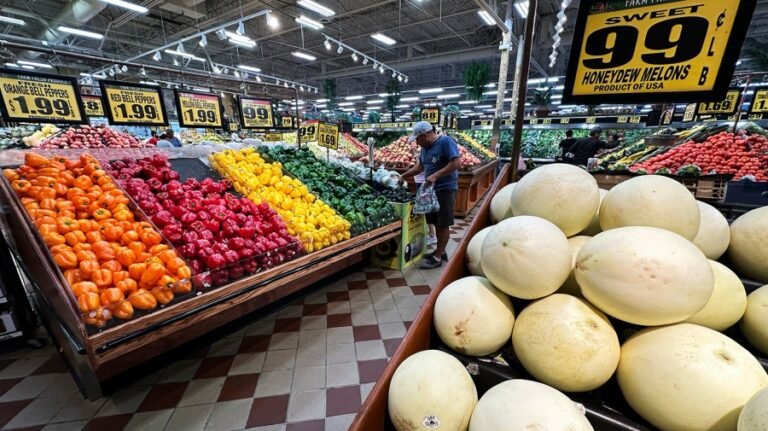
Democracy has long been viewed as humanity’s crowning political achievement. It is hailed as a system that enshrines human rights, ensures peaceful transfers of power, and gives voice to the masses. But historical evidence and the results of the 2024 election suggest a more pragmatic and disheartening reality. Namely, democratic systems often survive or fail based not on citizens’ philosophical commitment to democratic ideals, but on their pocketbooks.
The relationship between economic security and democratic stability isn’t just theoretical. Consider the infamous collapse of the Weimar Republic, where hyperinflation and economic chaos created conditions ripe for authoritarian appeal. Or examine how Latin American democracies historically fluctuated between democratic and authoritarian rule in close correlation with economic cycles.
When people feel economically secure, they embrace democratic institutions. When they don’t, those same institutions quickly become negotiable.
Among political scientists and economists, this pattern is referred to as the “redistributive theory of democratization.” According to this framework, democracy isn’t primarily about political rights or representation, it’s about who gets what share of society’s economic pie. In studying this, the dominant finding is that wealthy elites have historically accepted democratic reforms only when the middle class became sufficiently large and prosperous such that the cost of redistribution is lower than the cost of maintaining authoritarian control through force.
Put more bluntly, the rich only agree to support a move to democracy when the cost of a progressive tax policy is less than the cost of violent repression. Moreover, the middle class and poor only fight for democracy when they think it is financially worth their time and effort to do so.
The implications of this theory are sobering to anyone who thinks of democracy as being supported by a value laden commitment to participation in the political system. Rather than viewing democracy as a moral imperative, this suggests that voters really only see it through an economic lens. It is desirable to them only when they expect it to benefit their pocketbooks.
Academic research strongly supports this view. Studies show that support for authoritarian alternatives rises sharply during economic downturns, particularly among middle-class voters who feel their standard of living threatened. This confirms that, for many, democracy is less about principles like the rule of law or peaceful transfers of power and more about delivering economic security and stability.
This pattern is further reinforced by voters’ notorious lack of engagement with the fundamental workings of democratic governance. Study after study reveals that even though many Americans struggle to name the three branches of government or identify their own members of Congress, they can reliably tell you that they are paying more for eggs compared to last year. This disparity between political knowledge and pocketbook awareness isn’t merely coincidental — it reflects what voters truly prioritize when making electoral decisions. While civics education advocates might lament this reality, it provides further evidence that democratic participation is fundamentally driven by economic self-interest rather than civic virtue or democratic ideals.
This phenomenon isn’t limited to developing democracies, where the norms of shared governance have had less time to take root. Even in established democratic systems, economic anxiety consistently correlates with increased support for authoritarian-leaning politicians and policies. Voters who feel economically insecure are willing to overlook democratic backsliding if they believe it might restore their financial stability.
The lesson is clear but uncomfortable; democratic values often take a back seat to economic self-interest. When forced to choose between democratic principles and perceived economic security, voters will choose the latter.
This is precisely what happened in the U.S. in the 2024 election, where President Trump captured the plurality of the popular vote and a comfortable victory in the Electoral College. He did this despite 34 felony convictions, a civil court judgment that he had sexually abused a woman, two impeachments, and his demagogic attempt to illegally overturn his 2020 election loss.
The one thing Trump had going for him in 2024, which was enough to hand him his commanding victory, was that he wasn’t the one in office amid an extended period of elevated inflation. Because, to most Americans, the only thing it was ever really about was “the economy, stupid.”
The ultimate irony may be that the same economic forces that elevated Trump to power in 2024 could soon sweep his congressional majorities away from him and result in a Democratic presidential victory in 2028.
Stepping into a system systematically weakened by Trump’s norm-violations, a future Democratic president would inherit those now severely eroded institutional constraints, creating not democratic renewal but competitive authoritarianism. Voters may get the economic accountability they seek, only to discover the constitutional safeguards designed to constrain their next choice have been permanently damaged.
Nicholas Creel is an associate professor of business law at Georgia College and State University. The views expressed here do not necessarily reflect those of his employer or any other organization.


